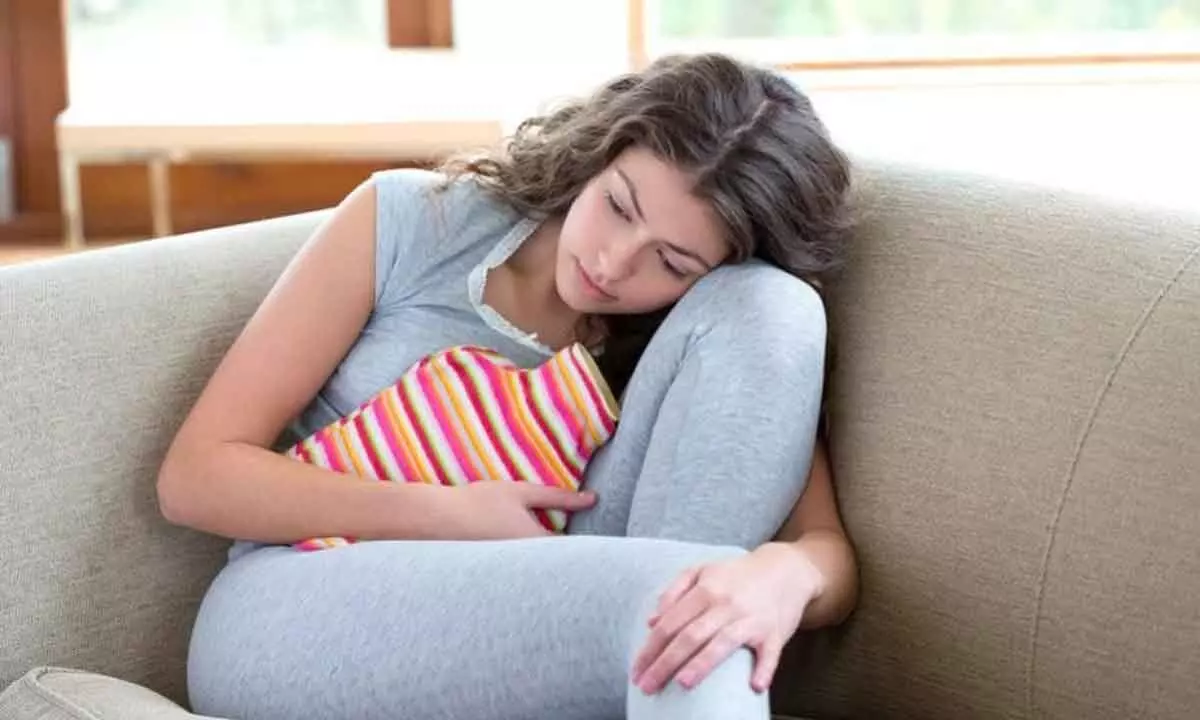Period Taboo - How it impacts mental health in a girl child

The mental and physical well-being of girls and women continues to be negatively impacted by the persistence of menstrual taboos in many cultures. The difficulty in addressing myths and misunderstandings surrounding menstruation is exacerbated by people's limited knowledge of puberty, menstruation, and reproductive health.
When young girls get their first period, they experience emotional distress and fear. When they are not allowed to ask questions and receive answers in an open and honest environment, things worsen. Most adolescent girls in India don't learn about menstruation until they experience it for the first time, because the topic is rarely discussed.
It demonstrates how rarely parents prepare their daughters for a life event. And because of this lack of readiness, many women experience needless anxiety and worry affecting their mental health as well. Menstruation remains a taboo subject in India and women still carry a stigma and severe restrictions are imposed on the lives of the women who have them even today.
Young social entrepreneur Advaitesha Birla, founder of the non-profit organisation Ujaas - to raise awareness of menstruation hygiene and wellness said: "Menstruation is a natural part of a woman's body, but a lack of knowledge about it can lead to stigma and false beliefs, both of which can be harmful to a woman's health. The shame associated with periods prevents people from passing down advice about how to handle your period from one generation to the next. Low levels of oestrogen and progesterone coincide with a woman's period. Reduced oestrogen levels alter the balance of chemicals in the brain. Some research links low oestrogen levels and low serotonin levels, the "happy chemical" that makes you feel content. The mental health of a young girl may suffer as a result of the aforementioned stigma and taboo."
In India, early on, females are socialised to accept the discomfort of menstruation as normal, and it is unusual to see a girl seek medical attention for the emotional or physical distress that comes with it. Birla said, "Menstruation is a natural part of a woman's life, and the taboo surrounding it needs to end. Periods are a natural process that should be treated like any other. Most girls experience severe discomfort, mood swings, depression, anxiety, and stress during menstruation, and they often lack basic knowledge about the menstrual cycle and proper hygiene during this time. Dysmenorrhea, or pain and cramps, is the most common menstrual disorder affecting young adolescent women. Periods cause depression, anxiety, and stress."
According to Birla, the main barrier to health-seeking behaviour is embarrassment about menstruation, which links to disorders such as social phobia, anxiety, and depression.
Commenting on dealing with such issues more effectively. He adds, "Raising awareness of menstruation is the first step toward starting open conversations about it in our culture. The first step in removing taboos is to end the practice of using unpleasant expressions for periods. It is critical for girls and women to feel comfortable communicating with their male relatives, such as their fathers or brothers, to receive the appropriate level of care. This discussion must include men as a whole. A majority of the girls heed the advice and discuss the subject with their mothers.
This means that educating mothers about menstrual health is beneficial in addressing menstrual health issues. The education of all educators should include the fundamentals of menstruation. Female educators, in particular, must be encouraged to initiate conversations about girls' mental and physical health with their students."
"Public and private schools, as well as universities, must do their part to help young women cope with menstrual health issues and dispel any myths or stigmas that may exist within their institutions and society. Finally, by implementing sessions and workshops to educate female students about menstruation, schools can boost a girl's self-esteem and dispel harmful stereotypes. Attending one of these sessions can help young women prepare for the onset of menstruation. Girls who take care of themselves during menstruation are more likely to attend school on a regular basis, which is often hampered by period taboos in countries such as India," Birla concludes.
















